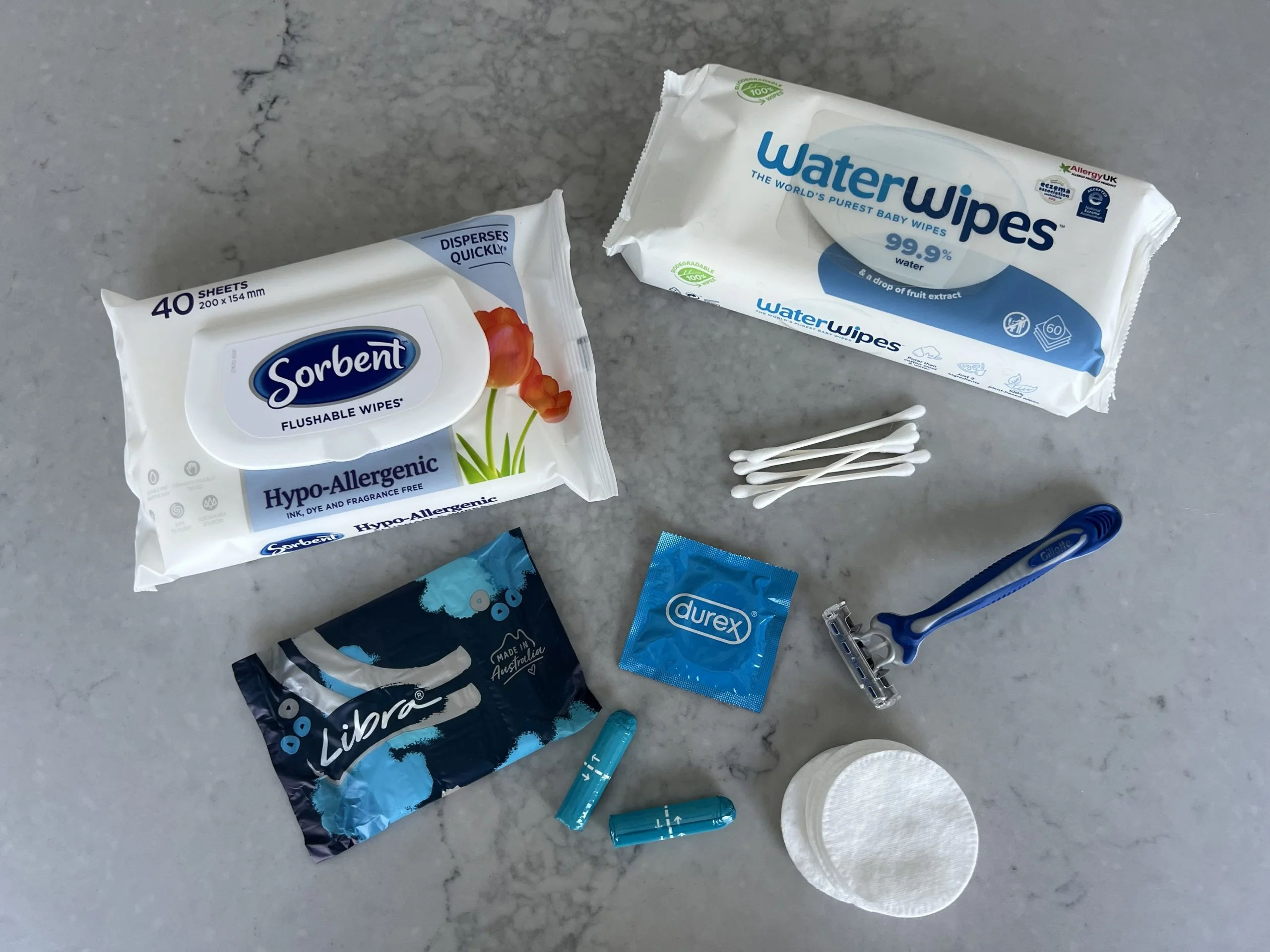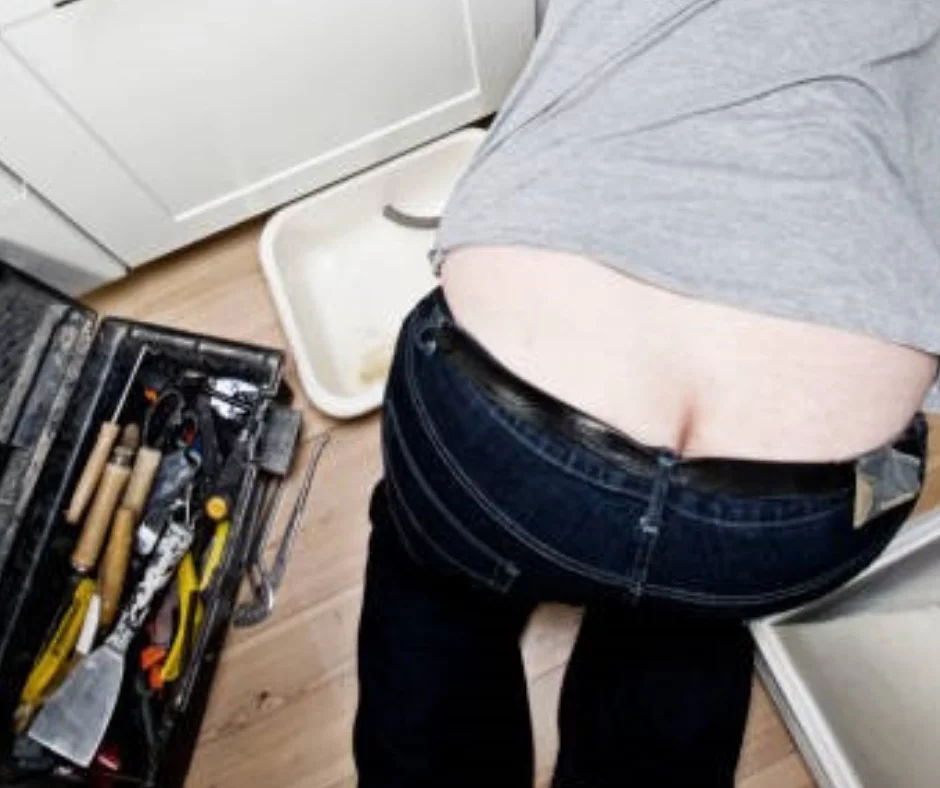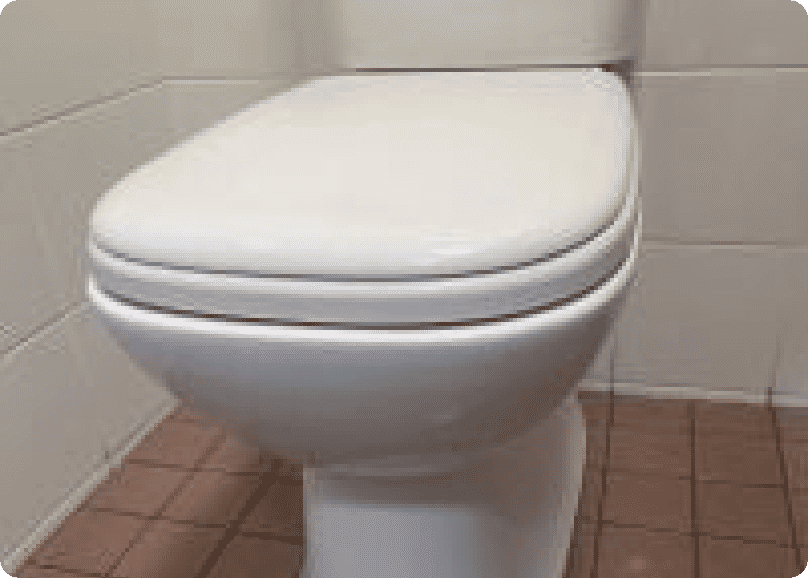Please Don’t Flush This Down The Toilet
- William Demirdonder
- Jun 14, 2022
- No comments
- 15-minute read

So let’s break this down. Ever heard of a fatberg?
Probably not, but at Proximity Plumbing, we deal with them all too frequently.
Fatbergs are created when you flush down wet wipes or “flushable” wipes down the toilet and they get caught up in your pipes with a combination of any oils, fats or grease poured down the sink or debris like dental floss, cotton tips, vegetable or food cuts.
All the materials bind together and it can lead to the formation of a rock-hard mass (a fatberg) in the plumbing network that creates a massive block.
In Brisbane, Queensland Urban Utilities recently reported that in one year it removed 360 fatbergs across the council’s sewer lines. That’s a significant portion of the 4000 blockages in QUU sewer pipes each year, costing $1.5 million.
Most individuals mistakenly believe that the ‘fatbergs’ can develop only in sewers. However, they can form in any drainage pipes – including the ones in your household property.
Are flushable wet wipes safe for your septic system? And, are they really flushable? Let us help you find out!
Something we often hear when attending a customer’s house for a toilet blockage due to “flushable wipes” is this; ‘But it says “flushable wipes” on the packaging, right?’
The ultimate truth is that while wet wipes might be marked as ‘flushable’ or ‘septic-safe,’ the time it takes for them to break down in your system is what leads to the clog.
Wipes take longer than toilet paper to disintegrate. Moreover, as the process is not instant, they will end up clogging the drain pipes quite often. You will eventually end up with a wad or block of flushable wipes in the toilet drain requiring your trusty plumber to remove them.
If you are more unfortunate, the wad might enter the sewer drain and lead to a sewer backup. In such a scenario, you need to reach out to an emergency Sydney plumber to deal with the situation.
They can also accumulate and create massive fatbergs. One in Brisbane recently had to be removed by crane it was over seven meters long!
Whilst flushable wipes might be successful in making their way through the curved part of the toilet, they might get stuck in the drainpipe and lead to a clogged drain.
The issue with flushable pipes is that even when they get flushed and end up down the drain, they do not end up disintegrating.
When toilet paper gets wet, it tends to fall apart quickly. On the other hand, flushable wipes do not fall apart when they become wet. As a matter of fact, they are capable of holding together more effectively than paper towels for a longer period of time.
If there is not ample water to push them through, they will clog the sewer line. They can also make the septic tanks to require frequent pumping while blocking pipes.
A fatberg is also capable of creating a backup in the existing sewage system – leading to floods within your property. They can even end up burning up the entire sewage pump.
Even when the wipes are able to make it through the pipes, they can end up in sewage treatment plants. There, they can lead to massive clogs in the pumps in the sewage plants. In turn, this can lead to catastrophic damage to the entire sewer system of the city – leading to backups and blockages affecting multiple households or even water shortages in some areas.
While the name appears slightly funny, a fatberg is no laughing matter. If a fatberg forms within the plumbing system of your own, it is tricky to get rid of it without professional help.
Fatbergs are quite common but are not an inevitability. They are the cause of a pile-up of trash and waste (including ‘flushable’ wipes) that should not have entered the sewer system in the first place.
Any type of trash that is not biodegradable will eventually pile up and lead to a blockage. Cooking fat that is poured down the kitchen sinks serves as a type of glue, cementing all waste items together in the plumbing pipes.
Your home toilets should not be regarded as trash cans designed for dumping hygiene and personal care products down the toilet.
As far as what can be flushed down the toilet is concerned, there are only three things you should consider: Pee, Poop, and Paper (toilet). That’s it!
When you end up flushing other items like baby wipes or ‘flushable’ wet wipes, they would eventually form fatbergs and clog the entire plumbing system.
Everything else!
While you know of the only items that should be flushed down the toilet, you should realise that everything else falls in the category of items that should NOT be flushed. Some common bathroom items that we see routinely flushed (that should definitely be binned, not flushed) include:
Wet or flushable cosmetic wipes are the biggest concern in modern sanitary systems. They lead to significant blockages leading to fatbergs. These wipes do not disintegrate in water and leave a negative impact on the sewage treatment process.
These might appear as gentle, soft, and smooth. However, they do not break down like toilet tissues. Baby wipes are non-biodegradable. Therefore, they should not be flushed.
These items can easily obstruct the pipes leading to serious plumbing issues. It is preferable to wrap the tampons and pads and throw them away in the bin.
These dental hygiene items are made out of nylon or Teflon. When you flush them down, they mix with wet pipes, hair, paper towels, and other items to clog sewers and pumps.
These appear as flexible and small portions. However, these do not break down easily. Cotton swabs are also responsible for multiple drain blockages.
That last part of a bar of soap that just never disappears? Don’t flush it, bin it.
Should not be flushed or pushed down your shower drain. When combined with any other of the above household items + oil, grease, or flushable wipes it can easily block a drain.
The simplest solution to avoiding a drain blockage from a fatberg is to not make use of flushable wipes or if you must use them – do not flush them down the toilet.
If you do have a clogged toilet, it is recommended to reach out to a professional plumber in your area. In case of sewer backup, you should call an emergency plumber to get instant services at your property or call us at Proximity Plumbing.
Our qualified team of experienced plumbers in Sydney’s eastern suburbs are on standby 24 hours, 7 days a week and we offer a $0 call-out fee for our customers. Call us now on 0420 102 394.
Understanding your home insurance and what you are covered for when it comes to plumbing can be overwhelming. Do you have cover if the land mower of your neighbour damages part of your pipeline?....
Read MoreFatbergs are created when you flush down wet wipes or “flushable” wipes down the toilet and they get caught up in your pipes with a combination of any oils, fats or grease poured down the ....
Read MoreImagine you’re in the midst of a plumbing emergency (we’ve all been there) and you desperately need an ace plumber on your door step. We doubt in the middle of a plumbing emergency you&rs....
Read MoreIrrespective of how hard you try, sometimes a toilet or bathroom clog is unavoidable. Whatever might be the reason for the clog, you need to clear the same. When you wish to fix the problem, a plunger....
Read More


Leave a Reply
Your email address will not be published. Required fields are marked *